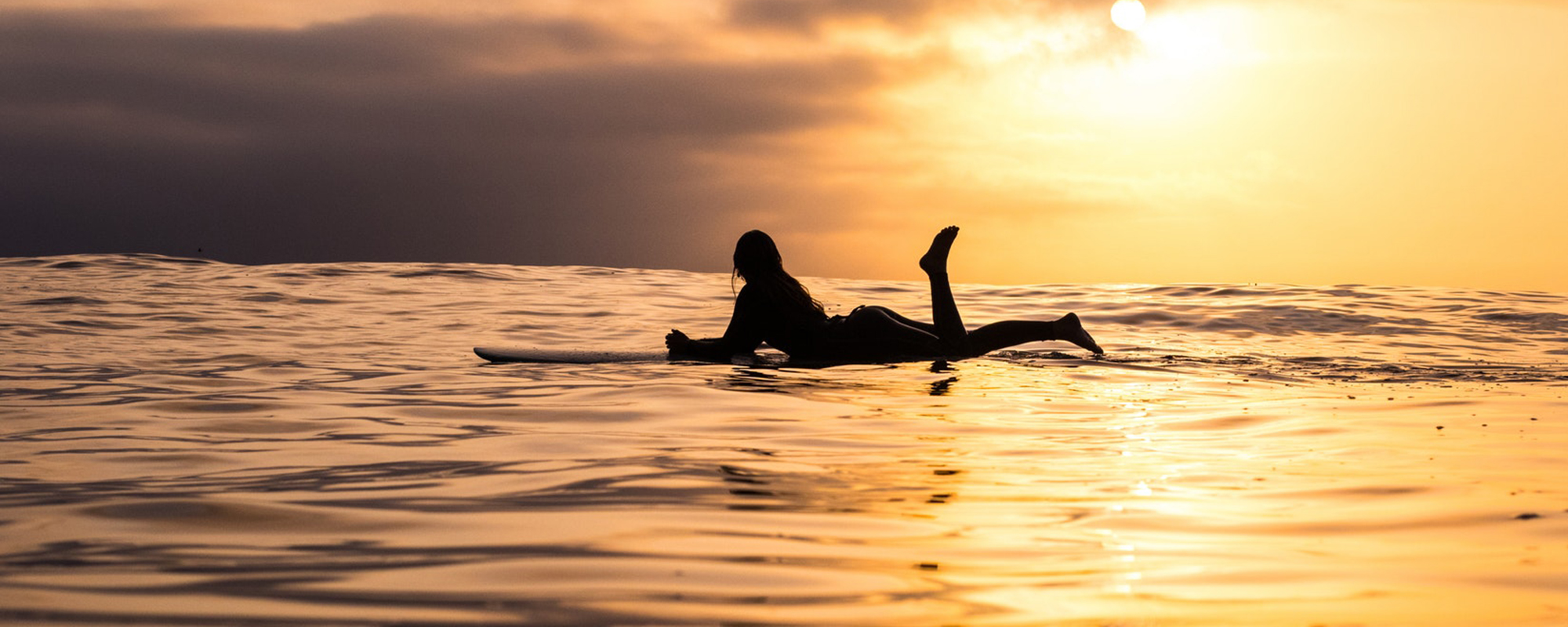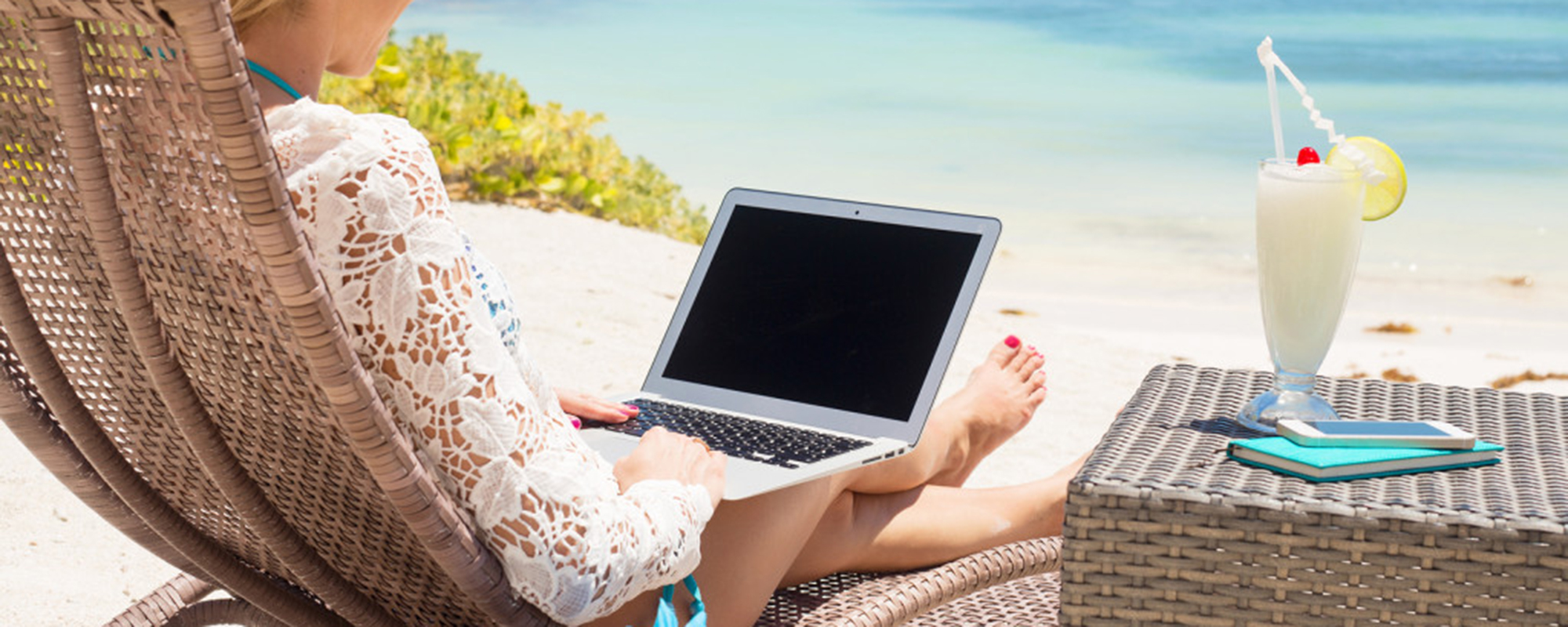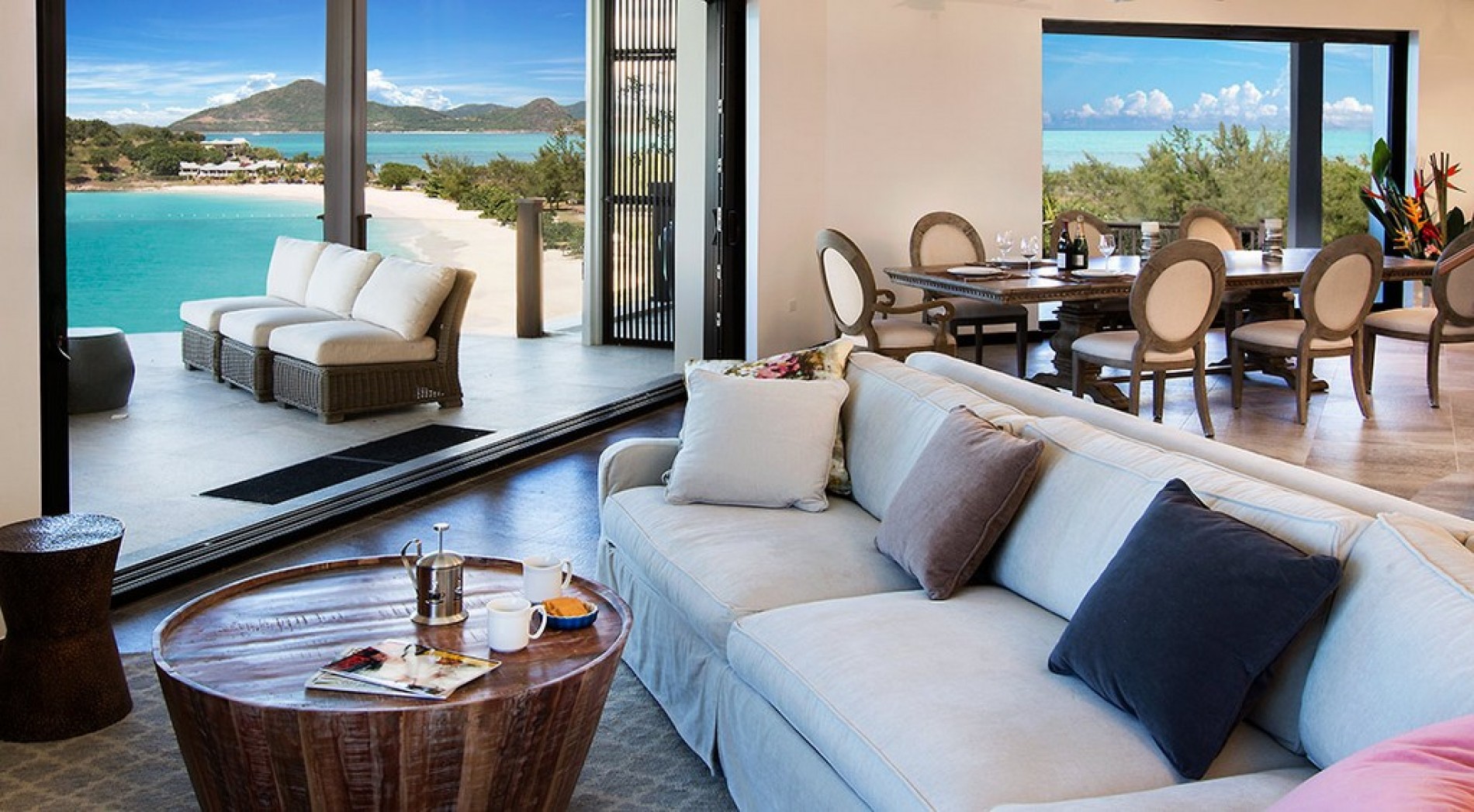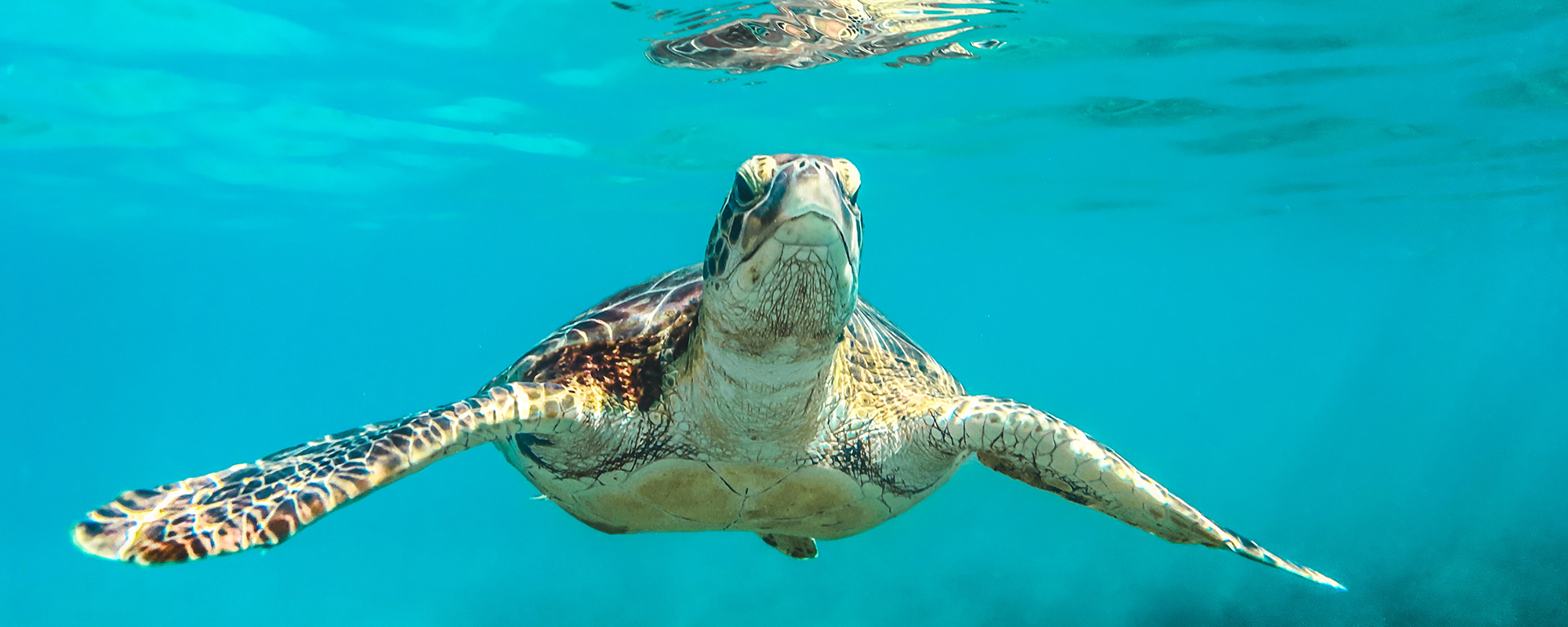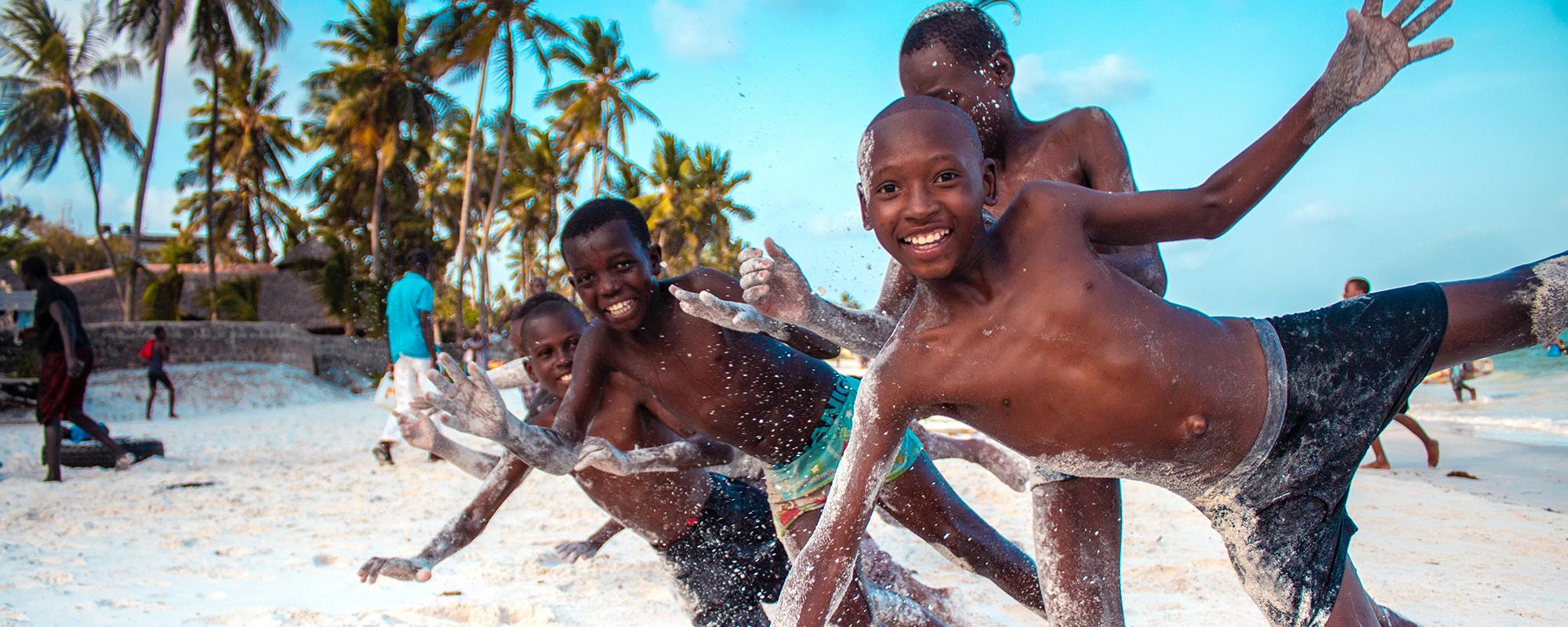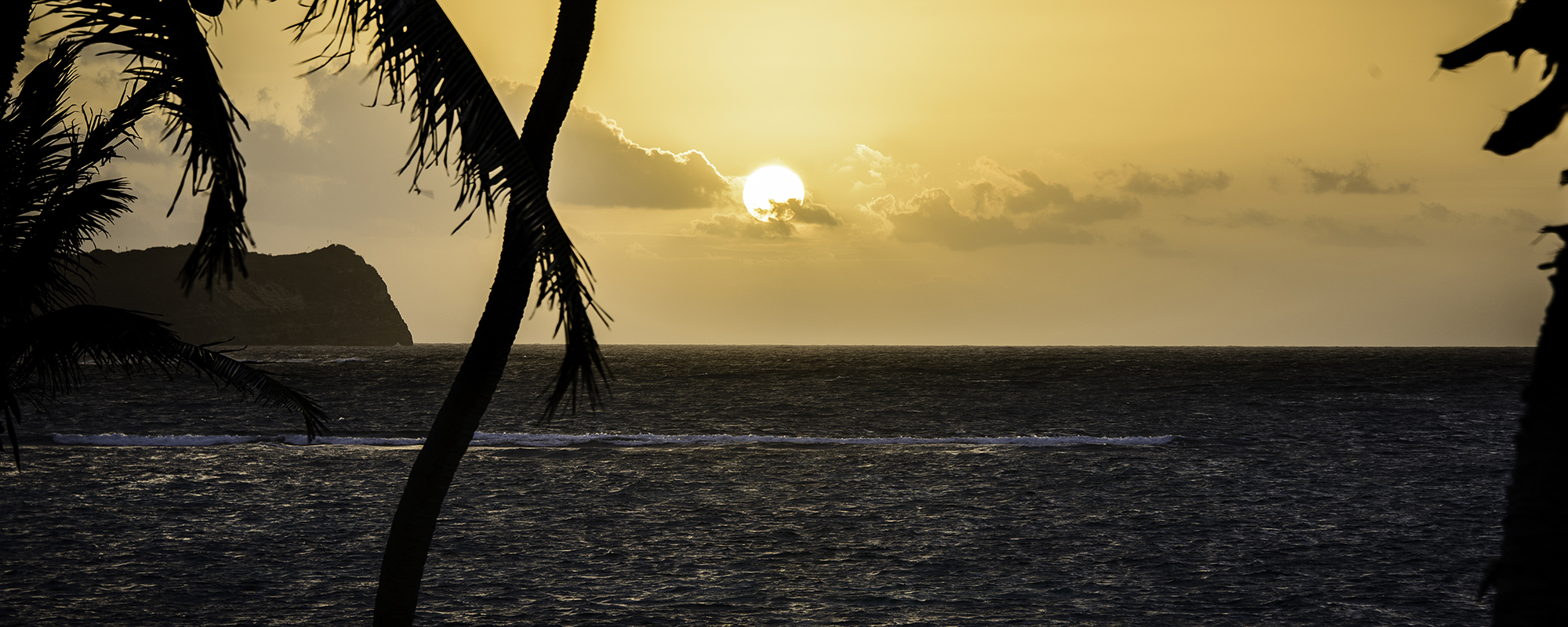SLOW living in paradise
Living the lifestyle of a digital nomad, location and financially independent, and traveling the world is a dream that many of us have. The pandemic more so than anything else has brought the concept of SLOW living into sharp focus. Most of us have come to the realisation that the commotion of activity that characterised our pre-COVID existence is unneeded at best — and at worst harmful to our well-being.
Cue a spontaneous movement — a core lifestyle that encourages a slower approach to aspects of everyday life, an instinctive reaction to slow things down. Slow living is countercultural because it goes against the norm that “faster is better”
It is not a new movement, in fact It “began” in Italy with Carlo Petrini's protest against the opening of a McDonald's restaurant in 1986. It sparked a conversation about the effects of fast food and what was being lost in not savouring every moment. From sourcing local provenance organic ingredients to the enjoyment of creating a wholesome meal from scratch and the missed opportunities for connection with family and friends.
Carlo’s protest ignited the slow food movement. Over time, this developed into a subculture in other areas, like the Cittaslow organisation for "slow cities". The "slow" epithet has subsequently been applied to a variety of activities and aspects of culture.
SLOW – a word that means “not fast” and can also be an acronym is certainly all the rage at the moment.
S - is for sustainable. In the aftermath of a mixed bag at COP 26 – sustainability is certainly in focus in just about everything we do. The desire and ability to live more consciously and to consume less has never been stronger than it is now
L – is for local. meaning using materials and products that are geographically close to the person or produced near them
O – is for organic, meaning avoiding products that have been genetically engineered or mass-produced.
W - refers to whole and wholesome, meaning not processed or contrived.
"It is a cultural revolution against the notion that faster is always better. The Slow philosophy is not about doing everything at a snail's pace. It's about seeking to do everything at the right speed. Savouring the hours and minutes rather than just counting them. Doing everything as well as possible, instead of as fast as possible. It’s about quality over quantity in everything from work to food to parenting." Carl Honoré' in his 2004 book, In Praise of Slow.
Slow travel is a concept ever-growing in popularity especially now that many people can work from anywhere. It is really taking the time to experience and indulge in one location which means spending at least 3 -6 months before heading off somewhere else. Not only does this create a better travel experience where you can really immerse yourself, acclimatise in the local culture, cuisine, economy and life but it is also good for the environment as well as for one’s sanity.
Recently many people have taken steps to avoid regressing into a life of unchecked “busy-ness” by taking stock, resetting, switching off technology and even relocating. Slow living is about getting off the manic roller-coaster of instant gratification and taking time to smell the proverbial roses.
The goal is to create room for more conscious enjoyment of life. To live deeply.
According to Professor Guttorm Floistad:
"The only thing for certain is that everything changes. The rate of change increases. If you want to hang on you better speed up. That is the message of today. It could however be useful to remind everyone that our basic needs never change. The need to be seen and appreciated! It is the need to belong. The need for nearness and care, and for a little love! This is given only through slowness in human relations. In order to master changes, we have to recover slowness, reflection and togetherness. There we will find real renewal."
So what are some of the things you can do to be a part of the movement?
Here are some Suggestions:
- Be conscious and intentional in all of your interactions – that means setting down your phone at dinner time or during a conversation. Taking frequent technology breaks helps you to be more present. Switch off all notifications if possible for greater effect
- Reduce, limit or eliminate time spent on social media! This is important!
- Find things that you are really passionate about and make them a part of your life. If you have long periods of unproductive time to spare — such as a long commute — read a book, meditate, listen to audiobooks or podcasts.
- Use the WorkMango PRODUCTIVITY TOOLS suite to enhance your overall well-being.
- Say “no” to things you don’t really enjoy that are not essential in your life. Among other things, saying yes only to those things that matter most to you in life will free up your time significantly
- Try to focus on the task at hand and work in chunks of time on that single task — no multi-tasking. Start something and complete it and then move on to something else. The sense of accomplishment you get from each task completed acts as a spur to get you to do more with joy instead of dread.
- Take many breaks during a long day of work
- Spend time outdoors, exercising or just connecting with nature and what better place to do that than in paradise with WorkMango?
- Finally, let WorkMango do the heavy lifting for you, all you have to do is pack a bag and head to paradise!
- JOIN OUR COMMUNITY
Any time you decide to live mindfully, stress is alleviated. This means less mental and physical ailments, illnesses borne of stress and anxiety. The focus of slow living is all about allowing more moments of joy into your life. Prioritizing what is most important in life involves placing yourself, family, friends and work in the right order.
Slow living is a life philosophy, a state of mind and being, a reflective approach, and methodical process to daily life. It is purposeful and fulfilling and there is no better place to start practising than in Paradise.

